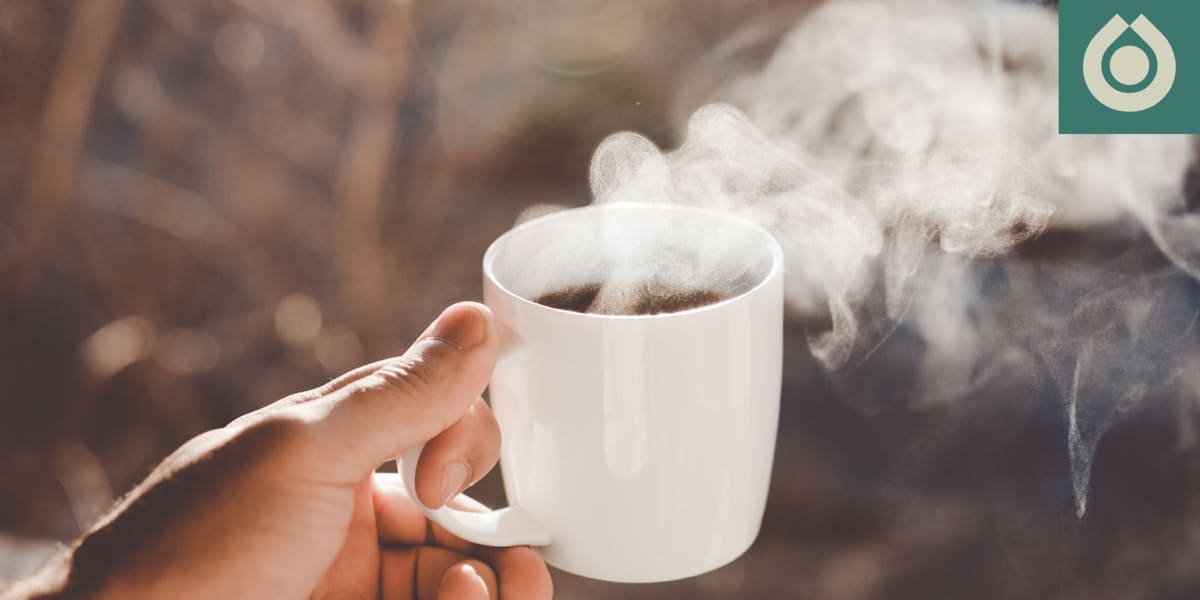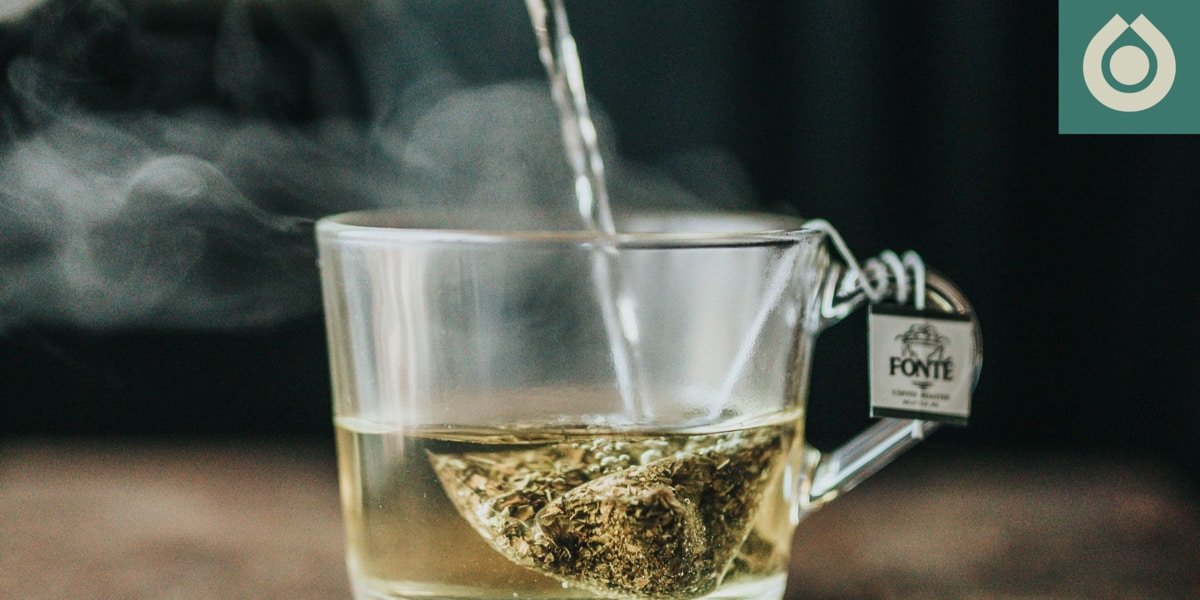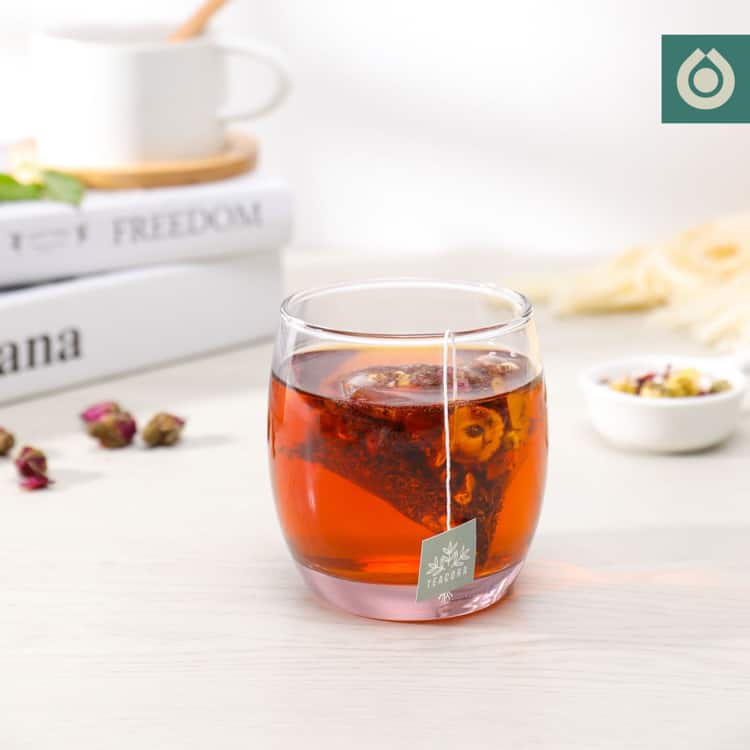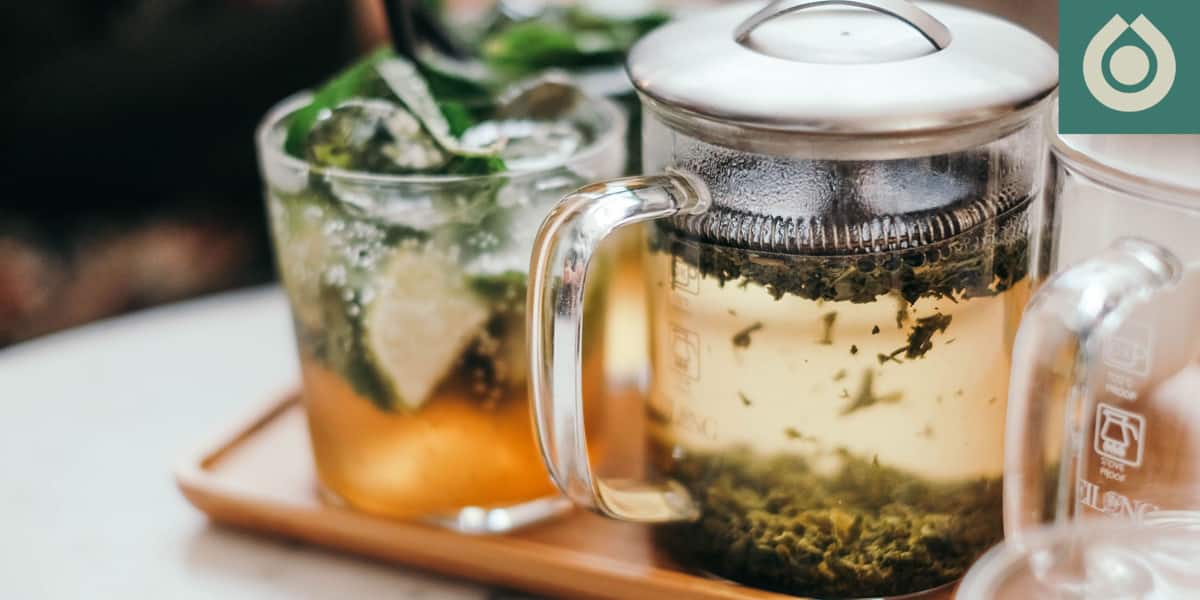In the pursuit of a healthy lifestyle, staying hydrated is of paramount importance. While water is often hailed as the ultimate elixir, another beverage has captured the hearts and taste buds of many: tea. In this article, we delve into the differences between drinking Tea vs. Pure Water every day, examining the benefits, drawbacks, and unique qualities of each.
Join us as we explore the fascinating world of hydration and discover which beverage may best suit your lifestyle and preferences.
The Essence of Pure Water
Pure water is the fundamental essence of life. It is the cleanest and most basic form of water, free from impurities and contaminants. The essence of pure water lies in its simplicity, clarity, and vital role in sustaining all living organisms.
Here are some key aspects that define the essence of pure water:
- Purity: Pure water is free from any added substances, pollutants, or impurities. It lacks minerals, chemicals, or additives, making it a blank canvas of H2O molecules in their simplest form.
- Hydration: Water is essential for hydration, and pure water provides the most direct and efficient means of replenishing the body’s fluid needs. It plays a crucial role in maintaining bodily functions, such as temperature regulation, digestion, nutrient transportation, and overall cellular health.
- Universal Solvent: Water is often referred to as the “universal solvent” due to its ability to dissolve a wide range of substances. Pure water, with its neutral pH and absence of minerals or contaminants, can act as a highly effective solvent, facilitating chemical reactions and nutrient absorption within the body.
- Cleansing and Detoxification: Pure water is often associated with its cleansing properties. It helps flush out toxins from the body, supports kidney function, and aids in the elimination of waste products through urine and sweat.
- Refreshment: Pure water provides a refreshing and revitalizing sensation when consumed. Its clean and crisp taste quenches thirst and provides a sense of rejuvenation, making it a popular choice for hydration.
- Sustaining Life: Water, in its purest form, is essential for all forms of life on Earth. It is a crucial component of ecosystems, supporting the growth of plants, animals, and microorganisms. Pure water plays a vital role in maintaining the delicate balance of nature.
We explore the importance of consuming sufficient amounts of water each day and how it serves as the foundation for optimal bodily functions.
The Delightful World of Tea
Tea, with its myriad of flavors and varieties, has become a beloved beverage across cultures. In this section, we explore the origins of tea, its processing methods, and the different types available, such as green tea, black tea, and herbal infusions.
We delve into the unique qualities of tea, including its antioxidant content, potential health benefits, and the soothing rituals that surround its consumption.
Nutritional Comparison
To provide a comprehensive understanding of the differences between tea and water, this section presents a table comparing their nutritional profiles.
| Nutrient | Tea (8 oz serving) | Pure Water (8 oz serving) |
|---|---|---|
| Calories | Less than 5 | 0 |
| Caffeine | Varies (moderate to high in some teas) | 0 |
| Antioxidants | High (especially in green tea) | None |
| Polyphenols | Present | None |
| Vitamins | Trace amounts (vitamin C, vitamin K) | None |
| Minerals | Trace amounts (potassium, manganese, fluoride) | None |
| Hydration | Yes | Yes |
| Added Ingredients | Possible (sweeteners, milk, etc.) | None |
The table highlights key components such as calories, caffeine content, and potential additional nutrients present in certain types of tea. This comparison allows readers to assess the nutritional aspects of each beverage and make informed decisions based on their dietary needs and preferences.
Health Benefits and Drawbacks Between Tea vs Pure Water
Health Benefits of Tea:
- Antioxidants: Tea, especially green tea, contains high levels of antioxidants called catechins and flavonoids. These compounds have been linked to various health benefits, including reduced risk of chronic diseases, such as heart disease and certain types of cancer.
- Hydration: Tea can contribute to hydration since it primarily consists of water. While it does contain caffeine, which has a mild diuretic effect, the overall hydrating properties of tea are still beneficial.
- Mental Alertness: Tea contains caffeine, which can help improve alertness, concentration, and cognitive function. The caffeine content in tea is generally lower than that of coffee, providing a more moderate and sustained energy boost.
- Heart Health: Some studies suggest that regular tea consumption, particularly green and black tea, may have a positive impact on heart health. The presence of polyphenols in tea may help reduce the risk of heart disease by improving cholesterol levels, reducing blood pressure, and enhancing blood vessel function.
- Digestive Health: Certain herbal teas, such as peppermint or ginger tea, are known to have soothing effects on the digestive system. They can help alleviate symptoms like indigestion, bloating, and nausea.
- Relaxation and Stress Reduction: Certain herbal teas, such as chamomile or lavender, have calming properties and may promote relaxation and better sleep. They can also help reduce stress and anxiety.
Drawbacks/Considerations:
- Caffeine Sensitivity: Tea contains caffeine, which can have stimulating effects on the central nervous system. Individuals who are sensitive to caffeine may experience side effects like jitteriness, increased heart rate, or difficulty sleeping.
- Staining and Dental Health: Certain types of tea, especially black tea, may cause tooth staining over time. Additionally, tea may contain tannins, which can contribute to tooth discoloration. Proper dental hygiene, such as regular brushing and dental visits, can help mitigate these effects.
- Interference with Nutrient Absorption: Some compounds in tea, such as tannins and polyphenols, can bind to minerals like iron and reduce their absorption by the body. However, this effect is typically minor and not a concern for individuals with a balanced diet.
- Added Ingredients: The health benefits of tea can be diminished if it is heavily sweetened or loaded with other additives like milk or cream. These additions can increase calorie and sugar intake, potentially outweighing the benefits of tea itself.
- Individual Sensitivities: Certain individuals may be sensitive or allergic to specific types of tea or herbal ingredients. It’s important to be aware of any personal sensitivities or allergies and choose teas accordingly.
It’s worth noting that the health benefits and drawbacks mentioned above can vary depending on the specific type of tea and its preparation. Additionally, individual factors such as overall health, medications, and personal preferences should be considered when determining the suitability of tea consumption. As always, consulting with a healthcare professional or registered dietitian is recommended for personalized advice regarding tea consumption and overall health.
Health Benefits of Pure Water:
- Hydration: Drinking an adequate amount of pure water helps maintain proper hydration, which is essential for various bodily functions, including digestion, circulation, temperature regulation, and nutrient absorption.
- Weight Management: Water has zero calories and can help with weight management by promoting a feeling of fullness, reducing calorie intake, and increasing metabolism.
- Detoxification: Pure water assists in flushing out toxins from the body through urine and sweat, supporting the natural detoxification processes of the kidneys and liver.
- Digestive Health: Sufficient water intake aids in digestion, prevents constipation, and promotes regular bowel movements.
- Joint and Muscle Health: Proper hydration helps lubricate joints, cushion tissues, and maintain overall joint and muscle health.
- Skin Health: Drinking enough water can improve skin hydration, elasticity, and overall complexion. It may help reduce the appearance of wrinkles and promote a healthier, more radiant skin appearance.
Drawbacks/Considerations:
- Overhydration: While proper hydration is important, excessive water intake can lead to a condition called hyponatremia, which occurs when the body’s sodium levels become diluted. This can be particularly dangerous in extreme cases.
- Water Quality: The quality of tap or bottled water can vary depending on its source and treatment processes. It’s important to ensure that the water you consume is safe and free from contaminants. Consider using filtered or purified water when necessary.
- Lack of Nutrients: Pure water does not contain significant amounts of vitamins, minerals, or other nutrients that are essential for optimal health. It is important to maintain a balanced diet that includes nutrient-rich foods.
- Individual Needs: The ideal amount of water needed varies depending on factors such as age, activity level, climate, and overall health. It’s important to listen to your body’s thirst cues and adjust your water intake accordingly.
- Dental Health: Drinking large amounts of water, especially if it lacks fluoride, may not provide the same level of protection against tooth decay as fluoridated water or fluoride-containing beverages.
Lifestyle Considerations
We take into account various lifestyle factors that may influence the choice between tea and pure water. We discuss the role of taste preferences, cultural traditions, and personal wellness goals in determining the beverage of choice.
Additionally, we touch upon the versatility of tea in terms of flavor profiles and the potential for incorporating both tea and water into a balanced hydration routine.
Conclusion:
While both tea and pure water offer hydration and contribute to overall well-being, they possess distinct qualities that make them suitable for different circumstances and personal preferences. Pure water provides essential hydration and simplicity, while tea offers a delightful sensory experience and potential health benefits.
Ultimately, the choice between tea and pure water comes down to individual needs, taste preferences, and overall lifestyle considerations. By understanding the unique qualities of each beverage, individuals can make informed decisions and create a hydration routine that supports their well-being and enjoyment.
So, whether you find solace in a comforting cup of tea or prefer the pure simplicity of water, remember that staying hydrated is the key to a healthy and balanced life.
Originally posted 2023-05-31 10:05:56.




I was suggested this blog by my cousin. I’m not sure whether this
post is written by him as no one else know such detailed about
my trouble. You’re incredible! Thanks!
Hi Belajar, most likely not but we welcome him as a writer if possible.